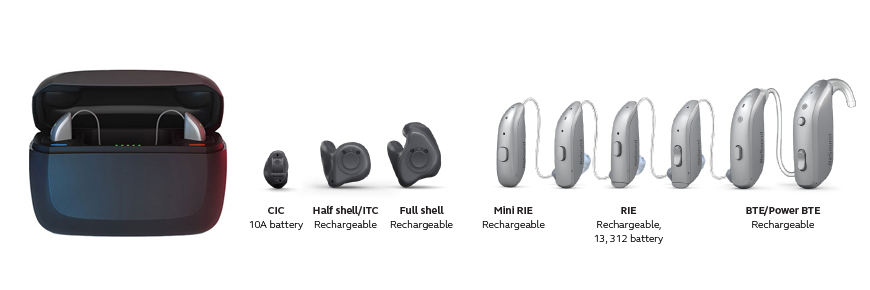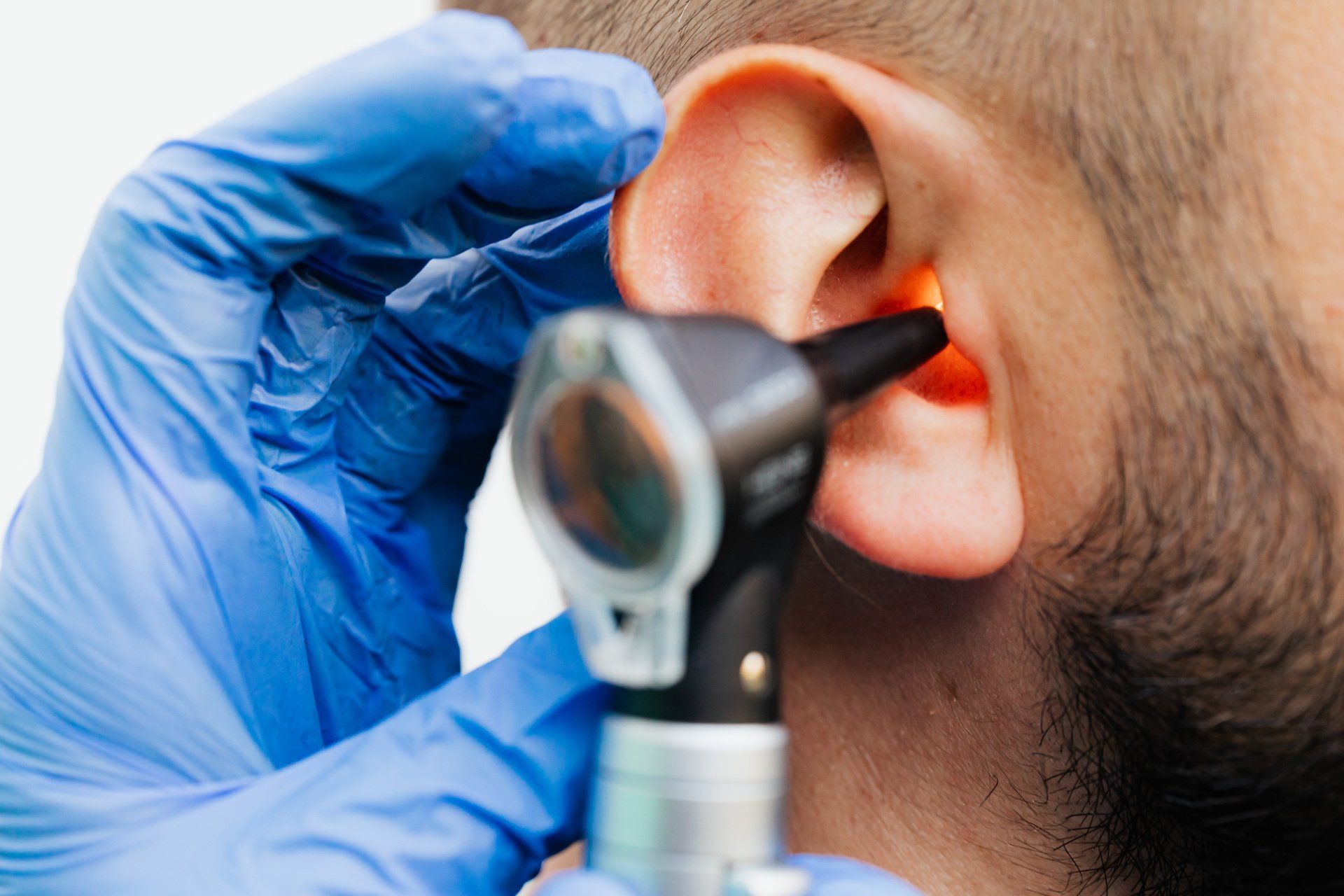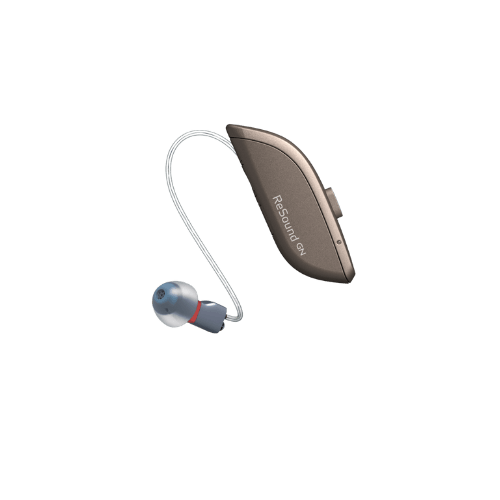3 Things To Avoid When Buying Hearing Aids
3 Things to Avoid When Buying Hearing Aids
As hearing aids get smaller and the technology gets better, more of us are turning towards them to help us hear. And for a lot of us, that's a fantastic thing. However, before you go out and start buying yourself a pair, there are some things you need to consider first. I'm about to tell you three things you need to avoid when buying a pair of hearing aids.
Here is what we will go over.
- Trusting the wrong people and reviews.
- Buying the wrong hearing aid for your type of hearing loss or not getting them fit properly.
- Going to a single-brand hearing aid clinic.
Trusting the wrong people and reviews
I know it can be tempting to just read up on what someone has said about their own experience with the product and then go ahead and buy it yourself. But remember—the person who wrote that review may have had completely different needs from yours, or they may have been using the hearing aid incorrectly. They might also have been paid by the company who made the hearing aid in order for them to write a good review! You'll want to be careful about what kinds of reviews you trust when deciding whether or not this product is right for you.
When you're looking to buy hearing aids, it's tempting to go with the lowest price. And while the low-cost hearing aid might seem like a good deal at first glance, it can end up costing you more in the long run. Remember that your hearing is important, and that's why it's worth investing in high-quality products. Don't let yourself get ripped off by buying cheap equipment that doesn't do what it's supposed to do.
Buying hearing aids is an exciting process, but it can also be a little daunting. It's not just about picking the right pair—you have to make sure that you go to the right clinic for your needs. And when you're reading reviews online, it's important to know who you're trusting.
Buying the wrong hearing aid for your type of hearing loss or not getting them fit properly
If you are getting hearing aids for the first time, you may be overwhelmed by all of the options available. There are many factors to consider when choosing hearing aids, including your budget, whether you want a traditional hearing aid or an in-the-ear model, and what type of hearing loss you have. Most people will be hard-pressed to pick an ideal hearing aid for themselves based on the limited information offered by most manufacturers' websites.
One thing that many people don’t consider is that there are different kinds of hearing loss. Certain types of hearing loss require different kinds of hearing aids to be effective. For example, if you have conductive hearing loss (due to damage in your inner ear), you will need a direct-fit model. But if you have sensorineural hearing loss (damage to the cochlea or auditory nerve), then a behind-the-ear model may be more appropriate
It’s important to make sure that the technician who fits your hearing aids understands your type of loss and knows how to fit the right type of hearing aid for it. If they don’t know what they're doing or if they're not familiar with different types of losses, then they might not fit them correctly and this could affect their effectiveness—or worse!
Going to a single-brand hearing aid clinic
Mistake number three is going to a clinic that only offers one brand of hearing aid. There is no single brand of hearing aid that is perfect for every single individual on the planet who has hearing loss.
You know how you're like, "I just want one thing that works for me and me alone"? That's not how hearing aids work. In fact, there's no one hearing aid that's going to work perfectly for every single person with hearing loss.
So, when you go into one of these clinics that only offers one brand, hm, I wonder what brand you're going to walk out with. That's right, whichever one it is that they sell. And let me guess: they're probably going to say that they sell that one brand because it's the best. It's not necessarily meaning that it's a bad hearing aid; it's probably not the perfect hearing aid for you!
When you're looking to buy hearing aids, there are some things you should avoid. Here are our top three:
1. Going to a clinic that only offers one brand of hearing aid
2. Not getting a hearing test before buying the aids
3. Buying the first set of hearing aids that you try
The takeaway:
For first-time hearing aid wearers, it is important that you get it right the first time. Make sure you do your research. Caution is your friend here. Don't assume that a fly-by-night hearing aid dealer or online sales site is going to offer you the best pricing or satisfaction with their service. If there's one investment you should be able to depend on, it's your hearing. Make sure that every step of your process—from finding a good fit to ensuring quality service—is taken care of before making a commitment.
Buying hearing aids is difficult enough let us help you! We are here to answer any questions you have about hearing aids and your hearing loss. Call us or come by and see us! We want to help you find the right hearing aids for you!











